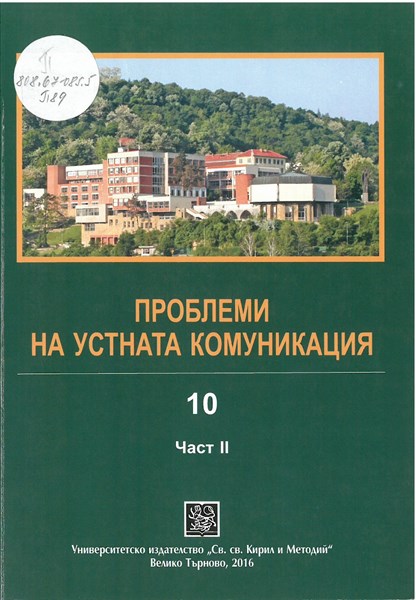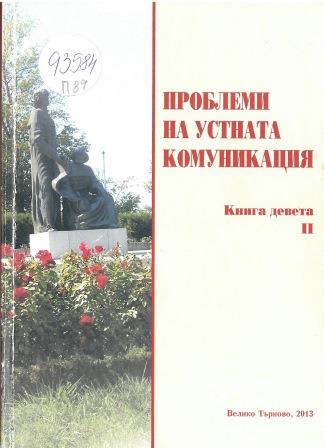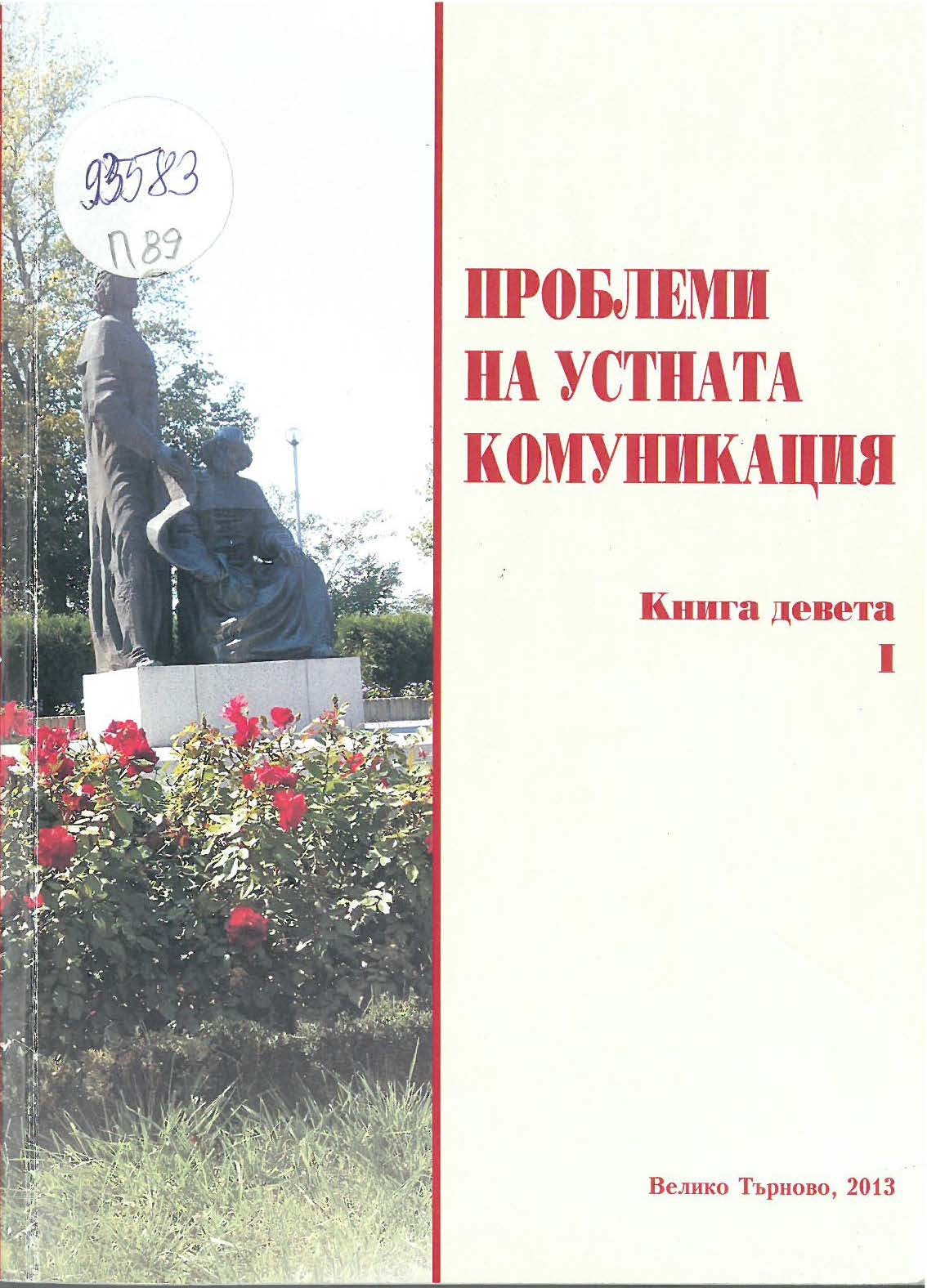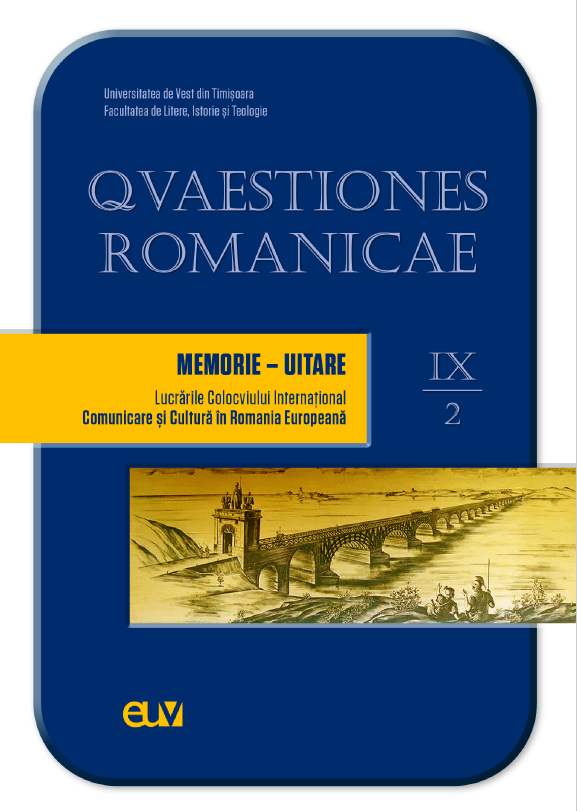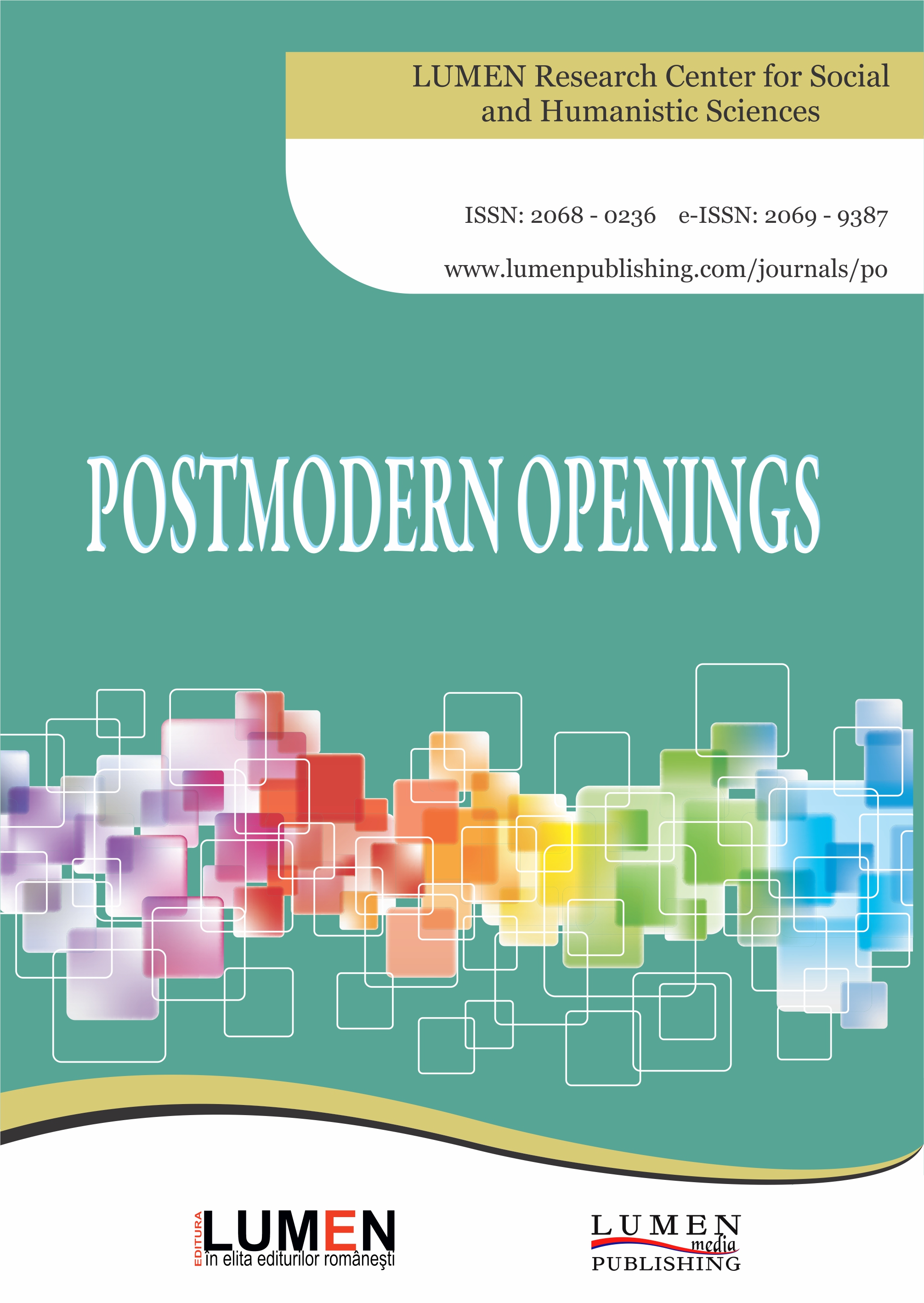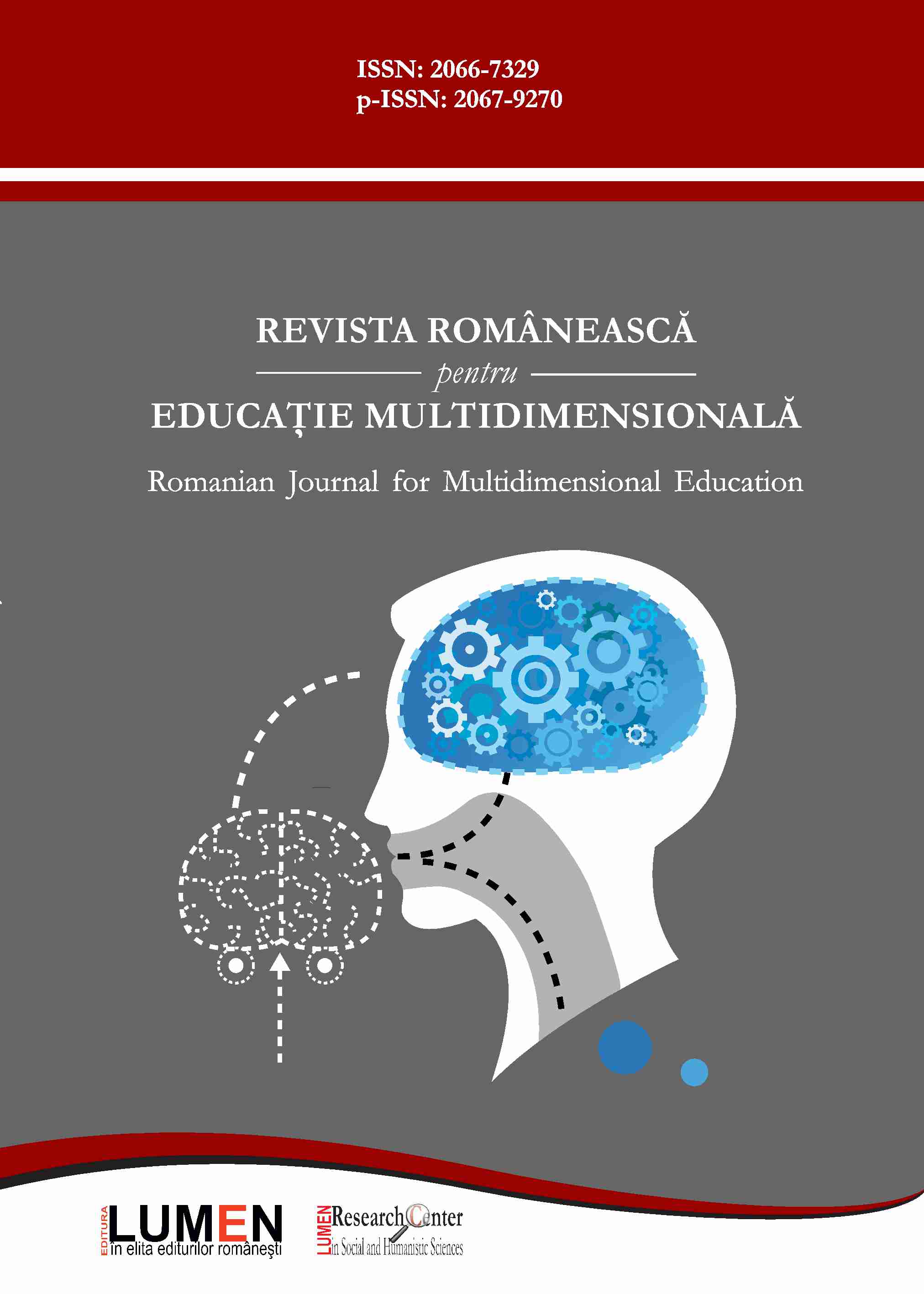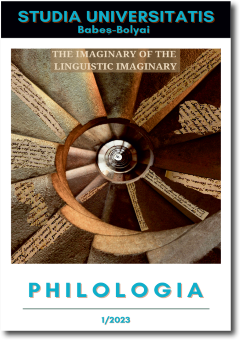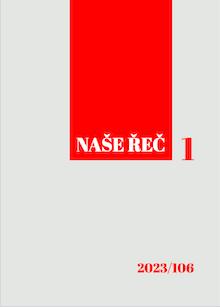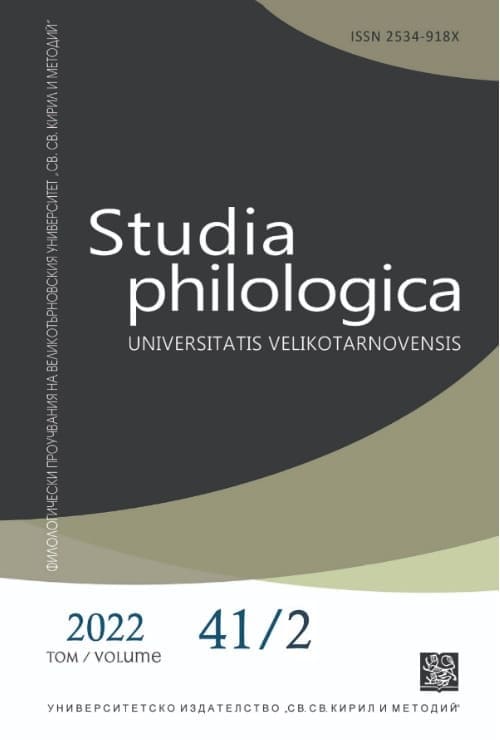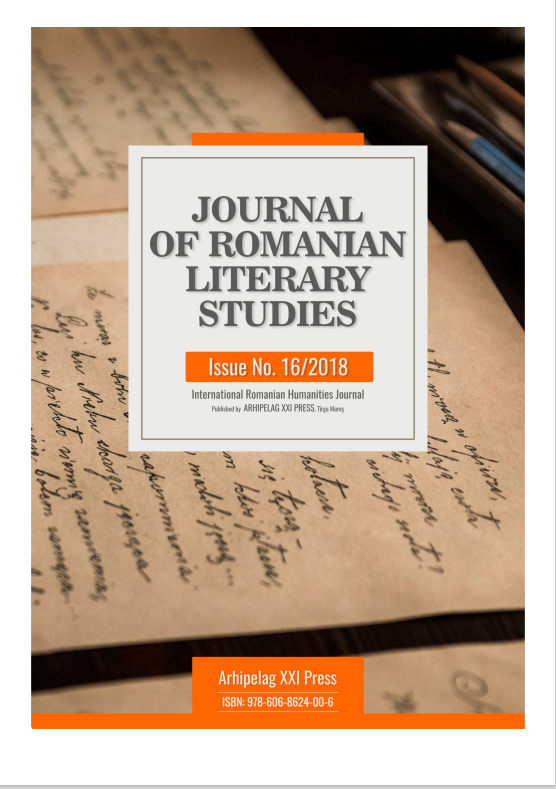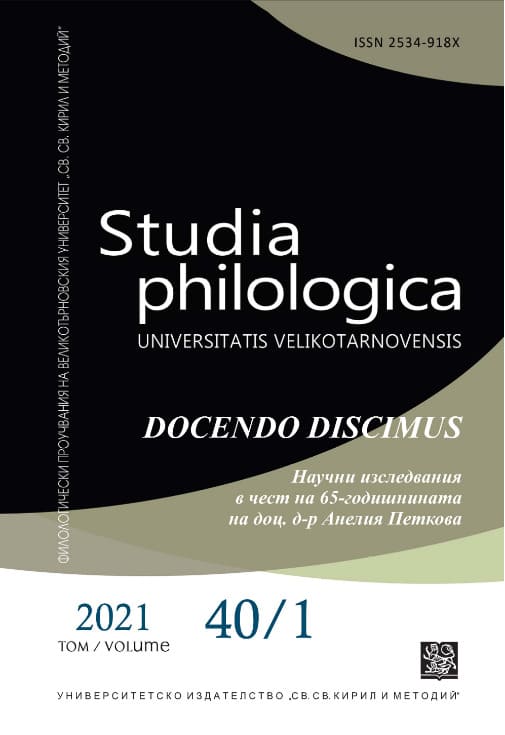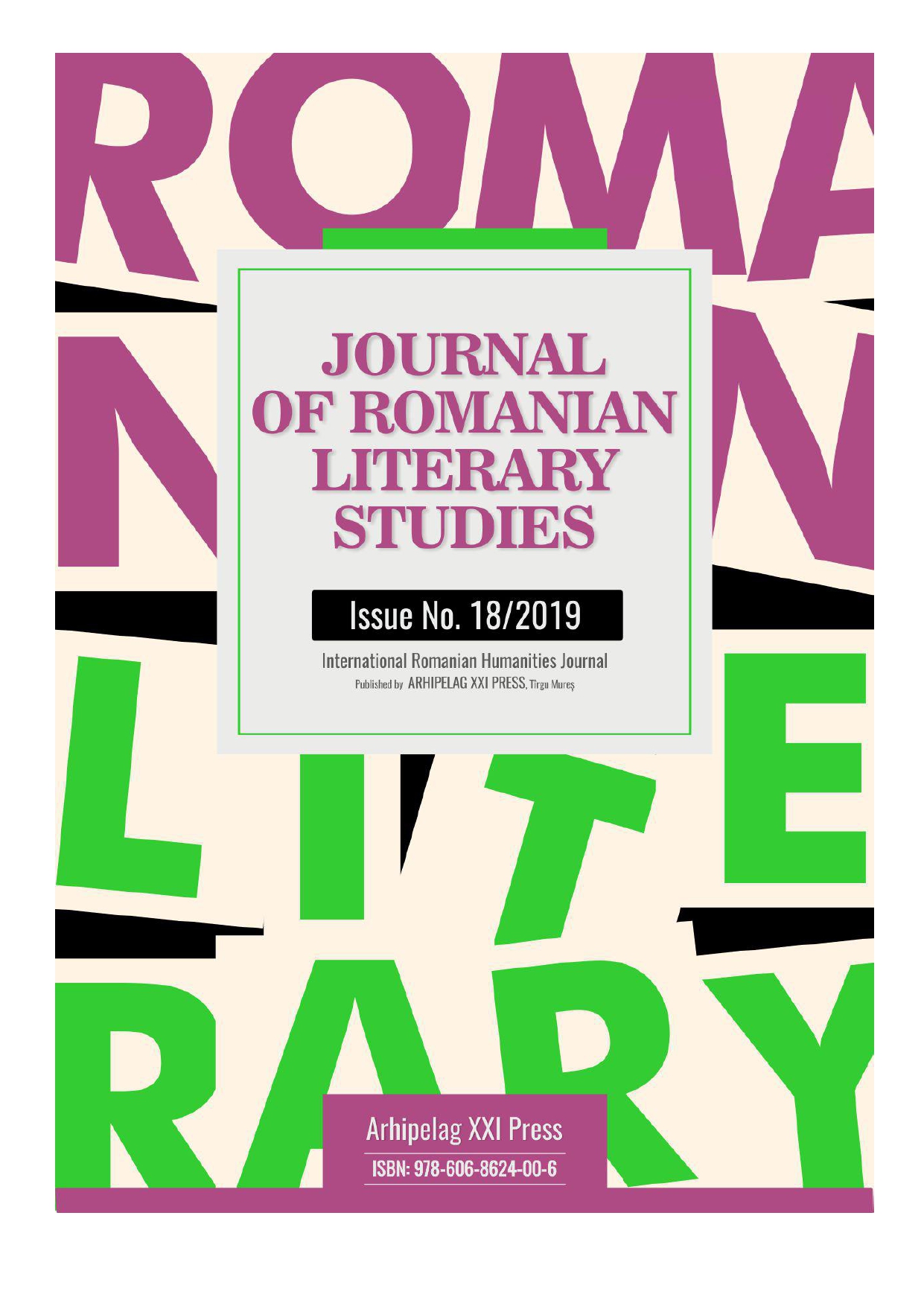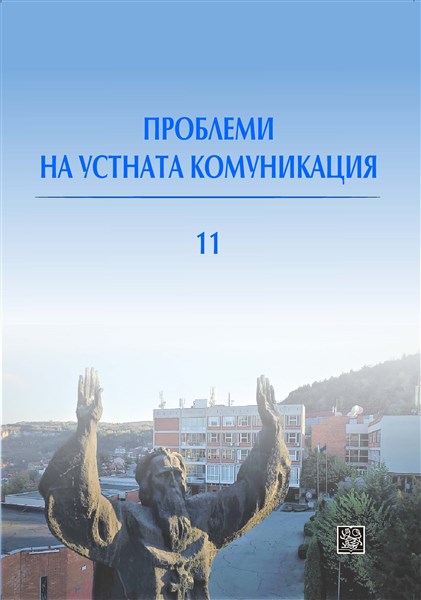
Представление значимых смыслов в дискурсе (Тв программа "Наблюдатель")
The mass media (radio and television) play an important role in activating the relations between culture and society. They also present to the addressee the values and meanings of the contemporary consciousness that originate from the creative environment and are justified by this environment as socially significant ones. An example of such a media perspective is the program “Observer” (tv channel “Russia Culture”) with its focus on socio-cultural phenomena.
More...
